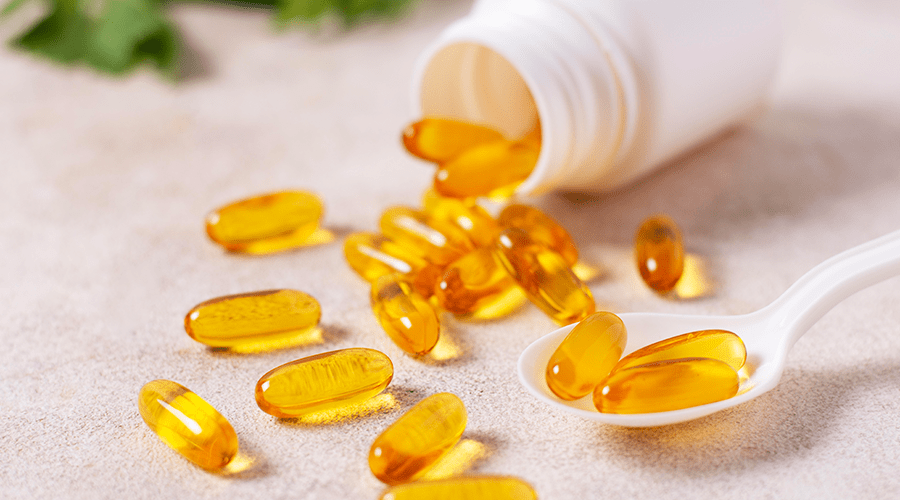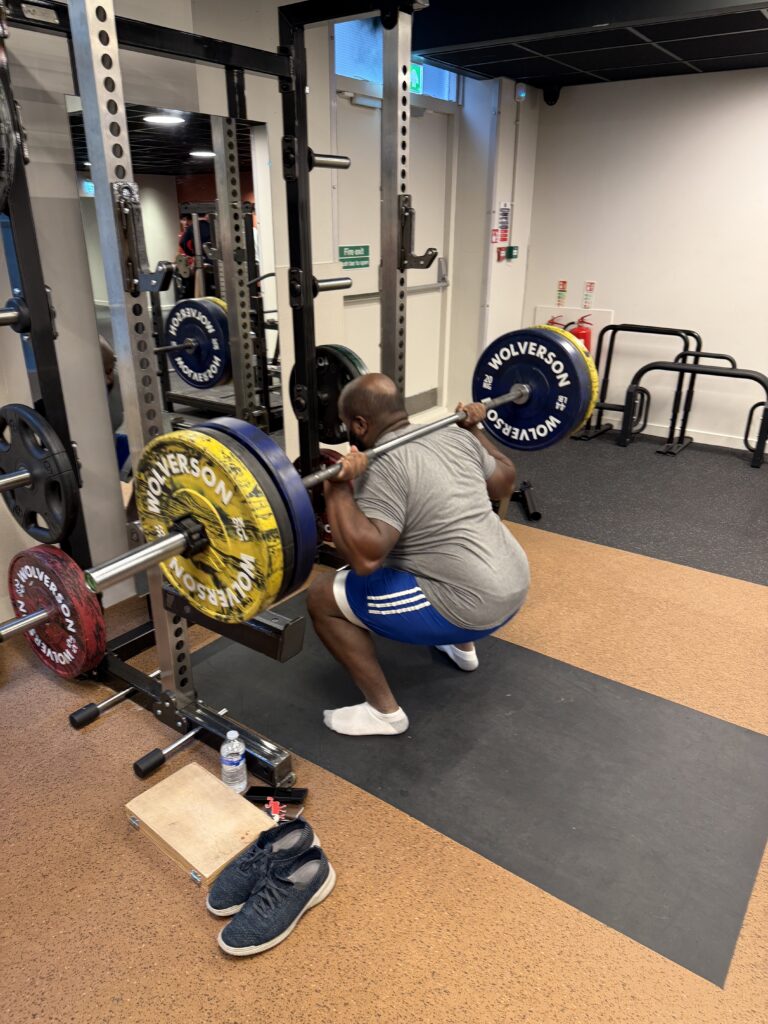Many people aim to have a more predictable, regular menstrual cycle, and vitamins can be an essential part of achieving that goal. In this article, we’ll explore how often you should take the best vitamins for regular periods and what role they play in supporting a balanced menstrual cycle.
Why Are Vitamins Important for a Regular Period?
Your body needs specific vitamins and minerals to keep hormones balanced and support the processes that regulate your menstrual cycle. When you’re lacking in these nutrients, it can sometimes lead to irregular periods. Vitamins work by helping your body maintain a steady flow of hormones, reducing stress, and supporting overall reproductive health.
What Are the Best Vitamins for Regular Periods?
The best vitamins for regular periods include several key nutrients that support hormone balance, stress reduction, and menstrual health. Here are some of the most beneficial vitamins:
- Vitamin B6: Helps balance hormones, reducing PMS symptoms and supporting a regular cycle.
- Vitamin D: Known to help with hormone regulation and may support a steady cycle.
- Vitamin E: An antioxidant that supports reproductive health and can ease PMS symptoms.
- Magnesium: Helps to reduce stress, which can impact cycle regularity.
- Calcium: Plays a role in muscle and nerve function, supporting a smoother cycle.
Each of these vitamins plays a different role, but together they help maintain a balanced and consistent menstrual cycle.
How Often Should You Take These Vitamins?
The frequency of taking these vitamins for a regular period depends on the type of vitamin, your body’s needs, and whether you’re getting these nutrients through diet or supplements. Here’s a general guideline:
- Daily Intake: Most vitamins, like B6, vitamin D, and magnesium, work best when taken daily. A consistent daily intake helps keep nutrient levels steady in your body, supporting a regular cycle over time.
- With Meals: It’s often best to take vitamins with food to improve absorption and reduce any chances of stomach discomfort.
- Consult a Healthcare Provider: Everyone’s body is different, so it’s a good idea to talk to a healthcare provider about your specific needs and find the right dosage and frequency for you.
For lasting results, it’s essential to keep up with these vitamins regularly. Consistency is key to achieving and maintaining a balanced menstrual cycle.
How Long Does It Take for Vitamins to Work?
Vitamins can support menstrual health, but it may take some time to see noticeable changes. Here’s a general timeline of what to expect:
- First Few Weeks: You may start feeling improvements in energy and mood within the first few weeks, but effects on cycle regularity can take longer.
- One to Three Months: Regular intake of vitamins can begin to show benefits for your menstrual cycle within one to three months as your body balances its hormone levels.
- Ongoing Support: For best results, keep taking these vitamins as part of your daily routine. Many people find that regular, continued use leads to a more predictable cycle over time.
It’s essential to be patient and allow your body time to adjust.
Can You Get These Vitamins from Food?
While supplements are convenient, it’s always beneficial to include these vitamins in your diet naturally. Here’s how to get some of the best vitamins for regular periods from foods:
- Vitamin B6: Found in bananas, chickpeas, and salmon.
- Vitamin D: Naturally found in fatty fish like salmon, and can also be produced by spending time in sunlight.
- Vitamin E: Available in nuts, seeds, and leafy green vegetables.
- Magnesium: Found in foods like spinach, nuts, and whole grains.
- Calcium: Found in dairy products, fortified plant milks, and leafy greens.
Eating a diet rich in these foods can help you maintain steady nutrient levels, supporting overall menstrual health.
Are There Risks to Taking These Vitamins?
Vitamins are generally safe when taken as recommended, but it’s still important to be cautious:
- Avoid Overuse: Taking too much of any vitamin can lead to side effects. For instance, high doses of vitamin D and magnesium can cause digestive issues.
- Stick to Recommended Dosages: Follow the recommended dosage on the label or as advised by your healthcare provider.
- Check for Allergies or Interactions: Some vitamins may interact with medications, so if you’re on any medication, consult your doctor first.
Taking vitamins in moderation and following guidelines ensures you gain the benefits without any unnecessary risks.
Can Vitamins Replace Other Treatments?
While vitamins can support a regular cycle, they might not be a complete solution for everyone. If you have ongoing issues with irregular periods, it’s important to look at other factors that might be affecting your cycle, such as stress, exercise, and diet.
In some cases, other treatments may be necessary, and vitamins can be part of a broader approach to menstrual health. For example, pairing vitamins with stress management, regular physical activity, and balanced meals can have a positive impact on your cycle.
Final Thoughts: Are Vitamins Worth Taking for Regular Periods?
If you’re looking to support a more regular menstrual cycle, the best vitamins for regular periods can play a valuable role. By providing your body with essential nutrients, vitamins help balance hormones, improve mood, and reduce stress—all of which can contribute to a more consistent cycle.
Taking vitamins daily and combining them with a nutrient-rich diet can make a positive difference. Remember to be consistent, patient, and mindful of dosage, as this can be key to achieving lasting results. With the right approach, vitamins can be an effective, natural way to support regular menstrual health.









